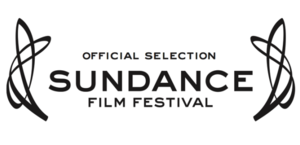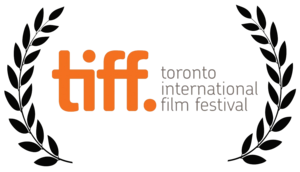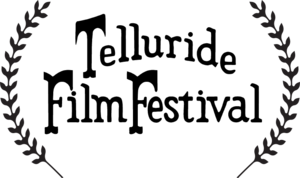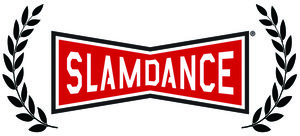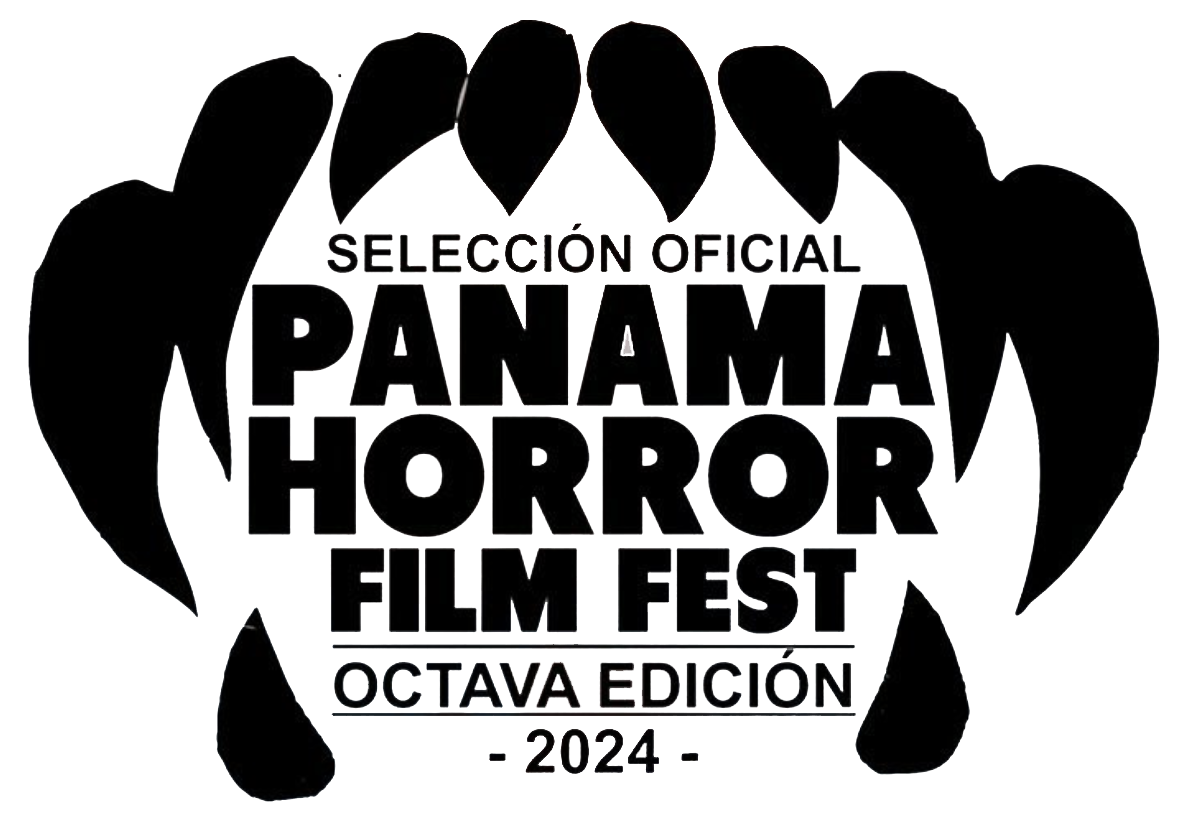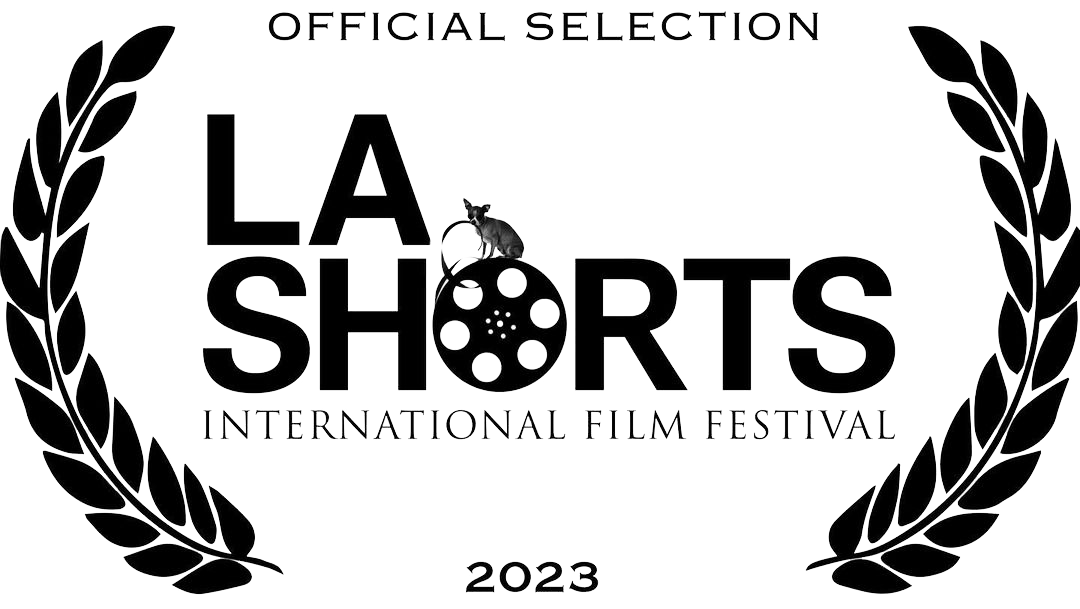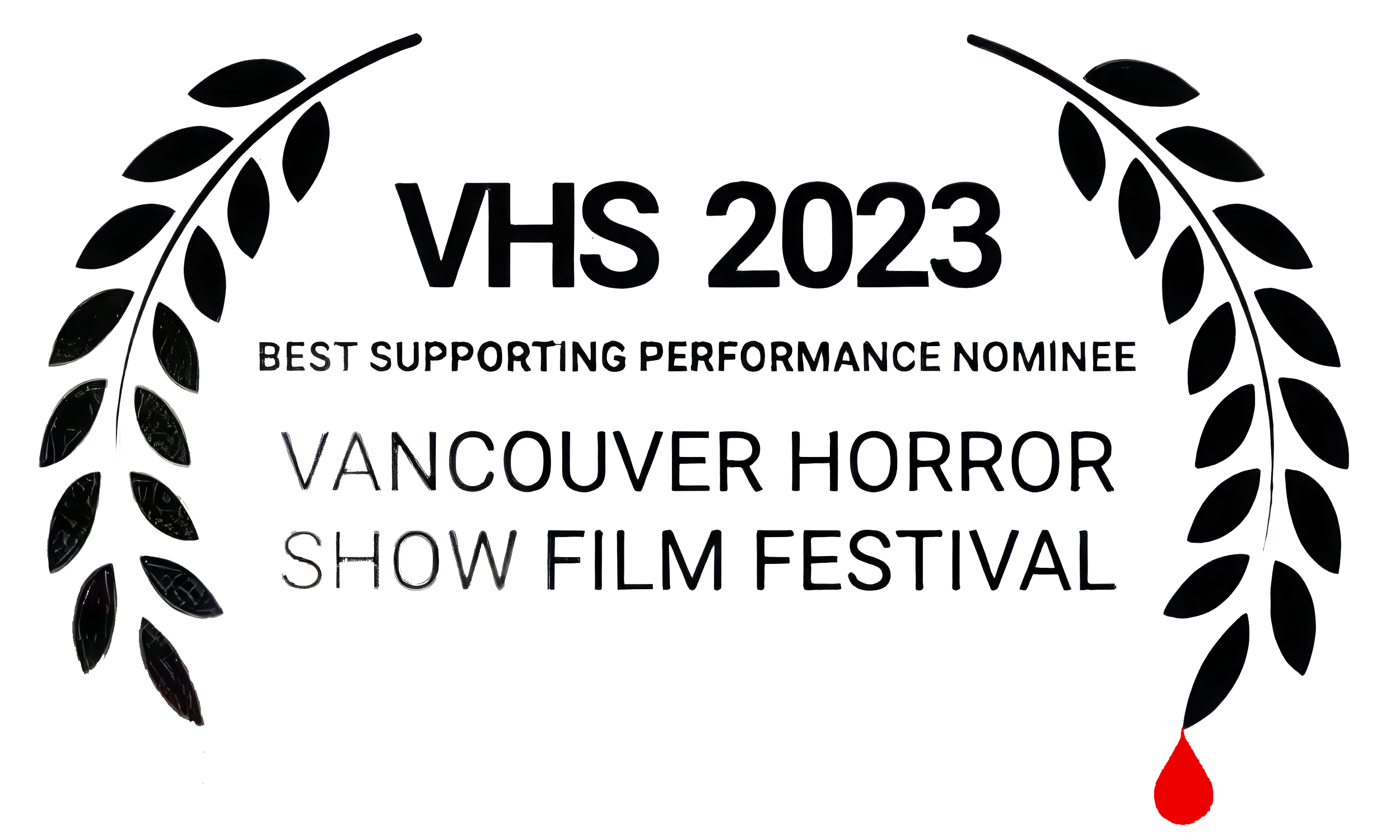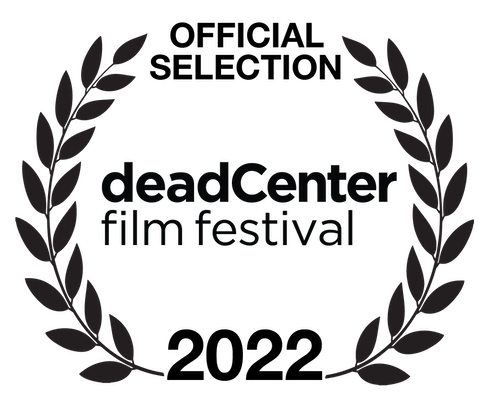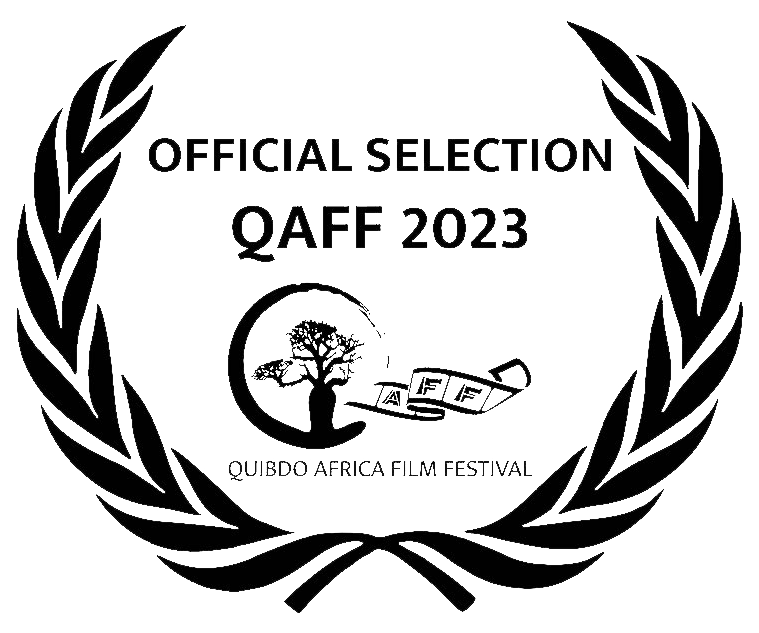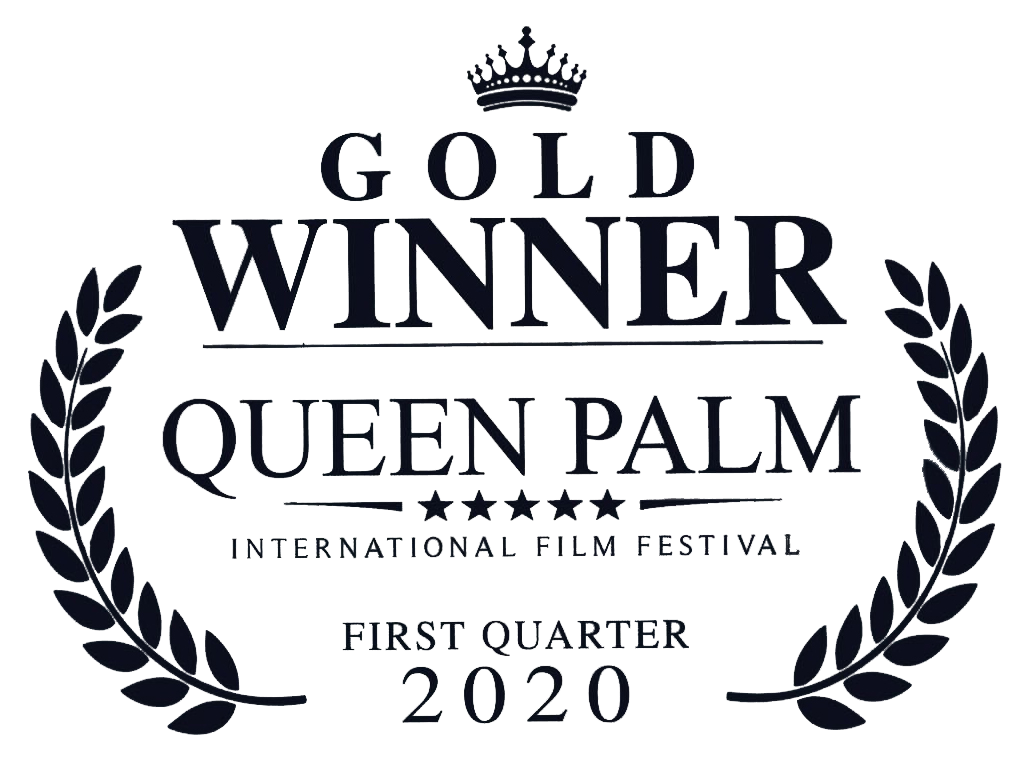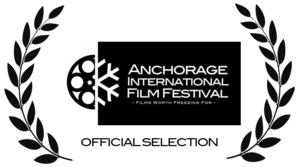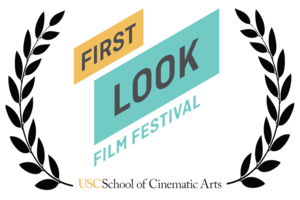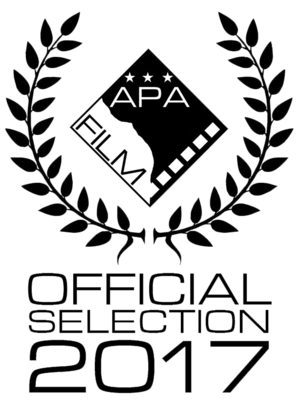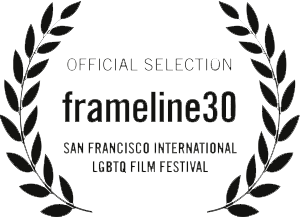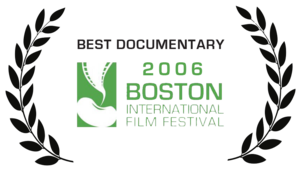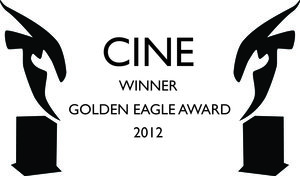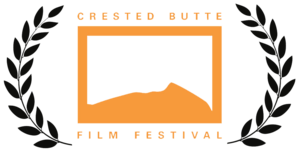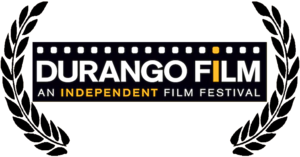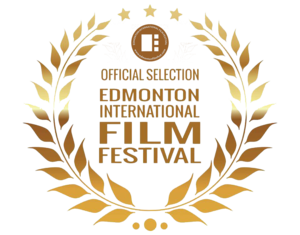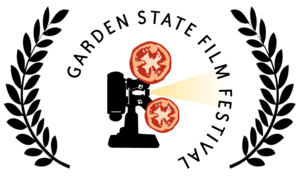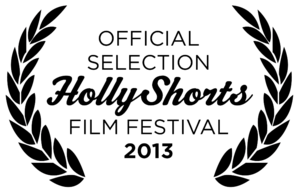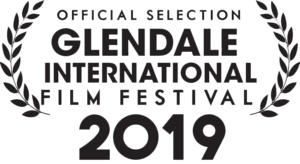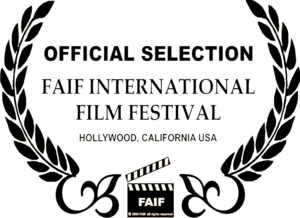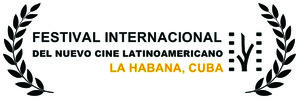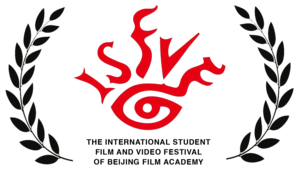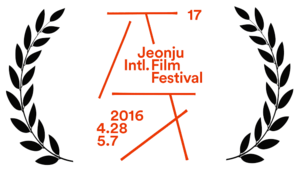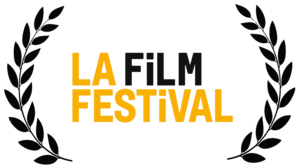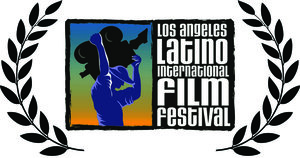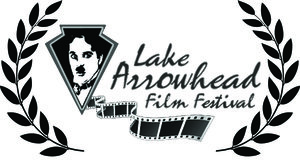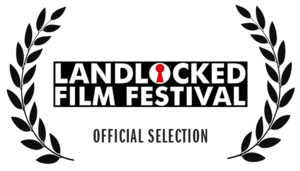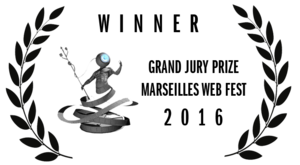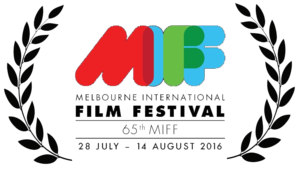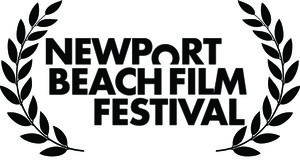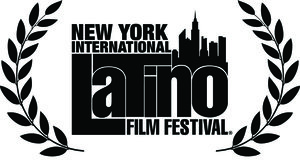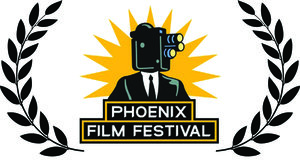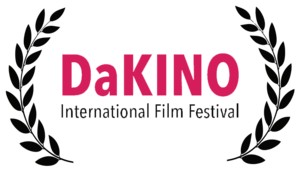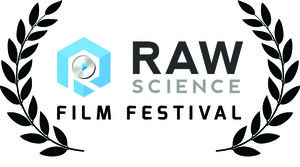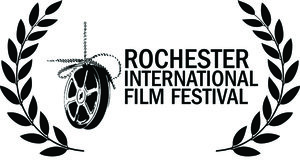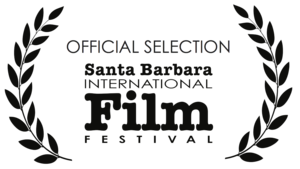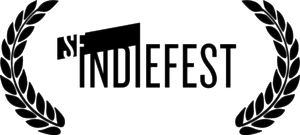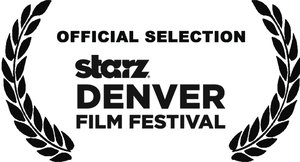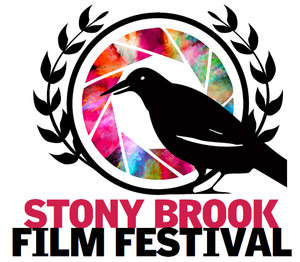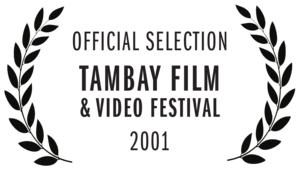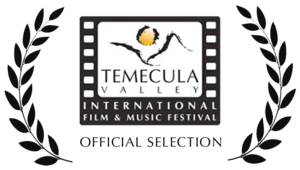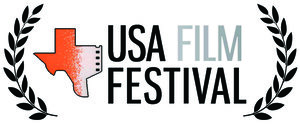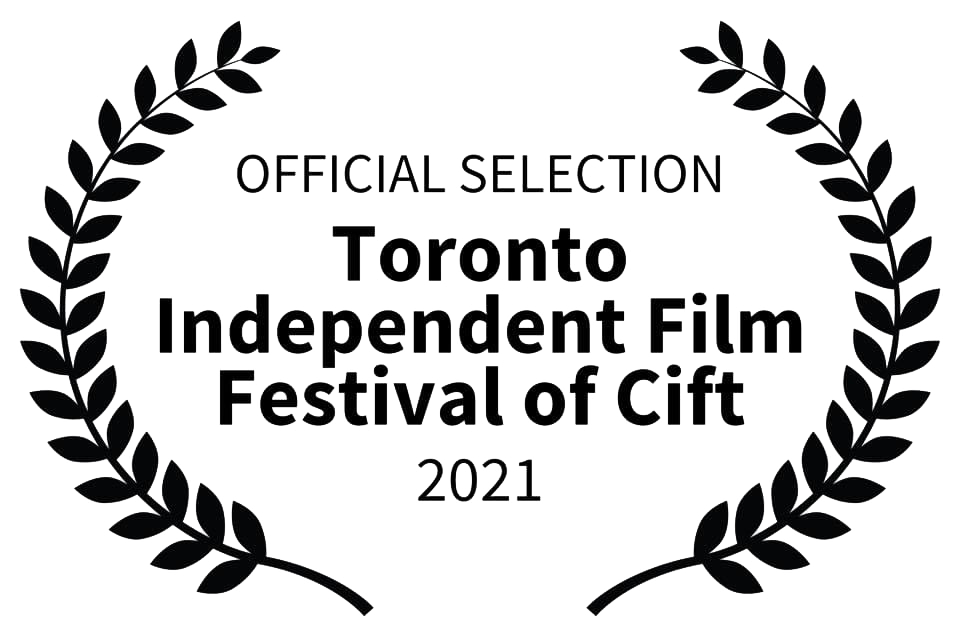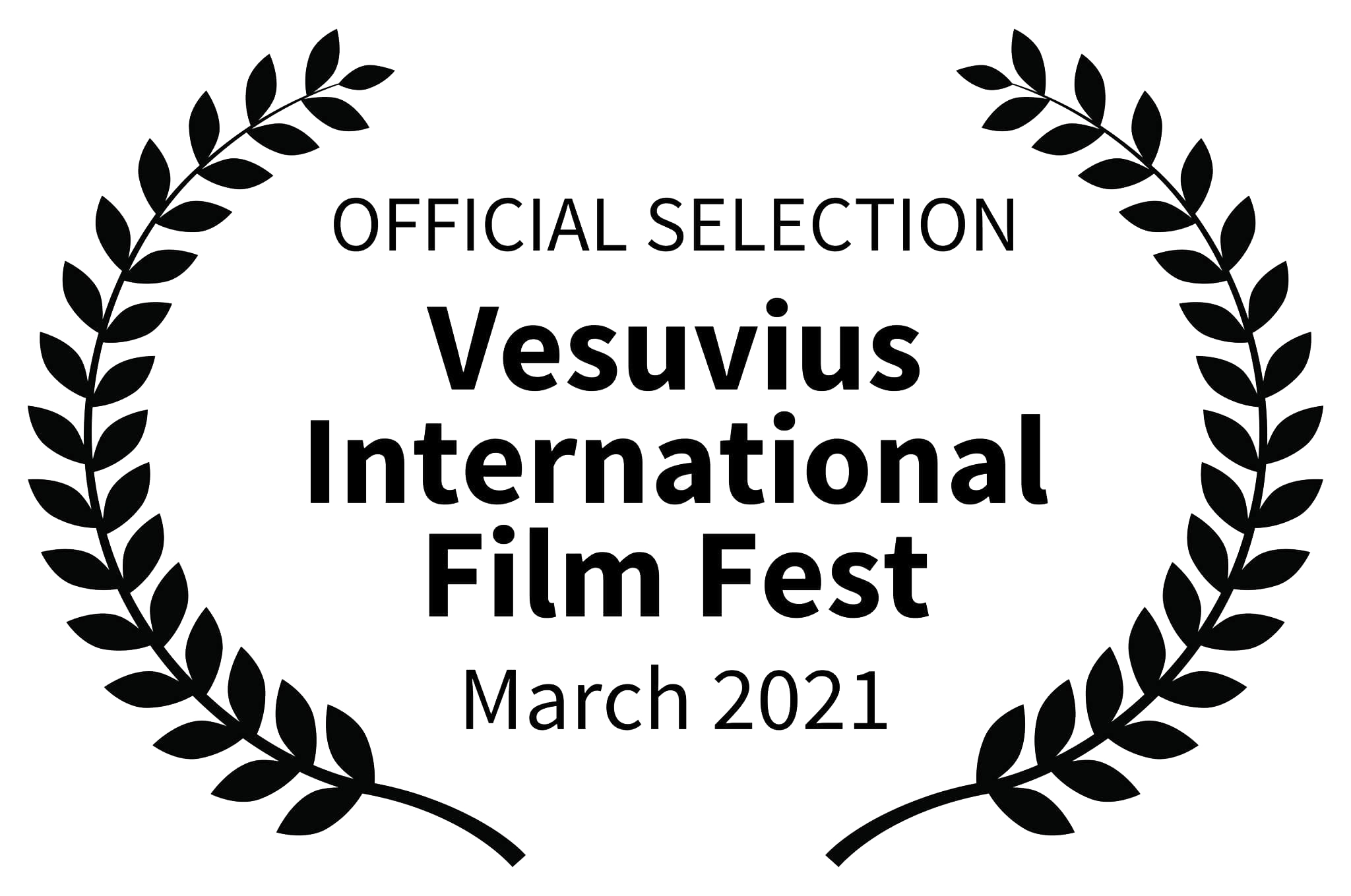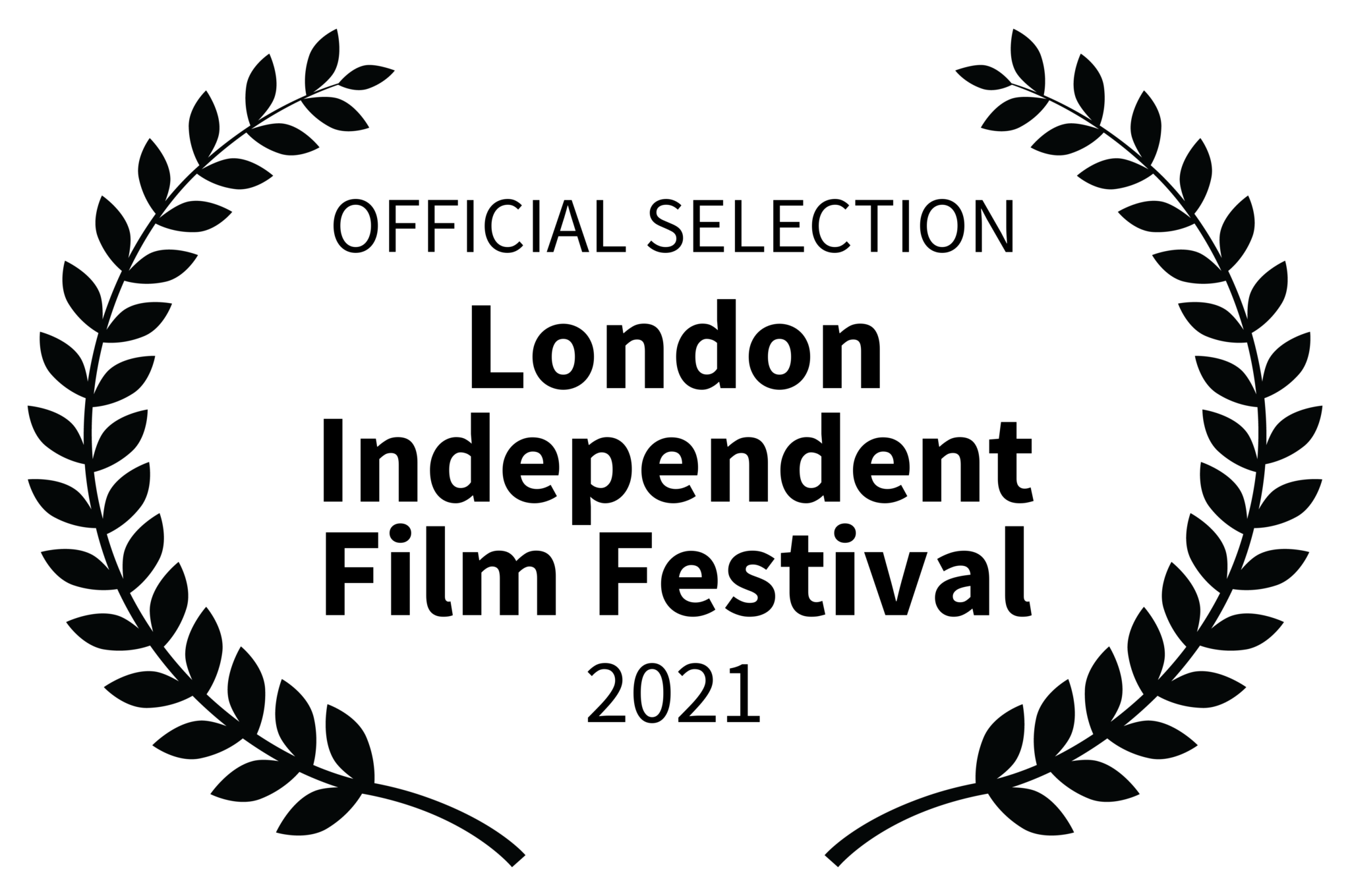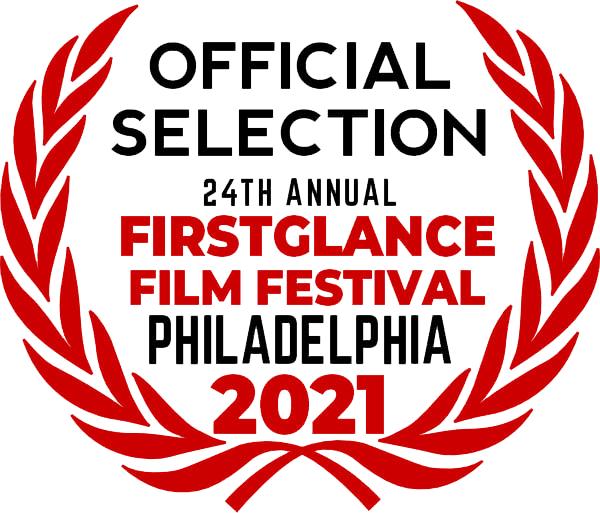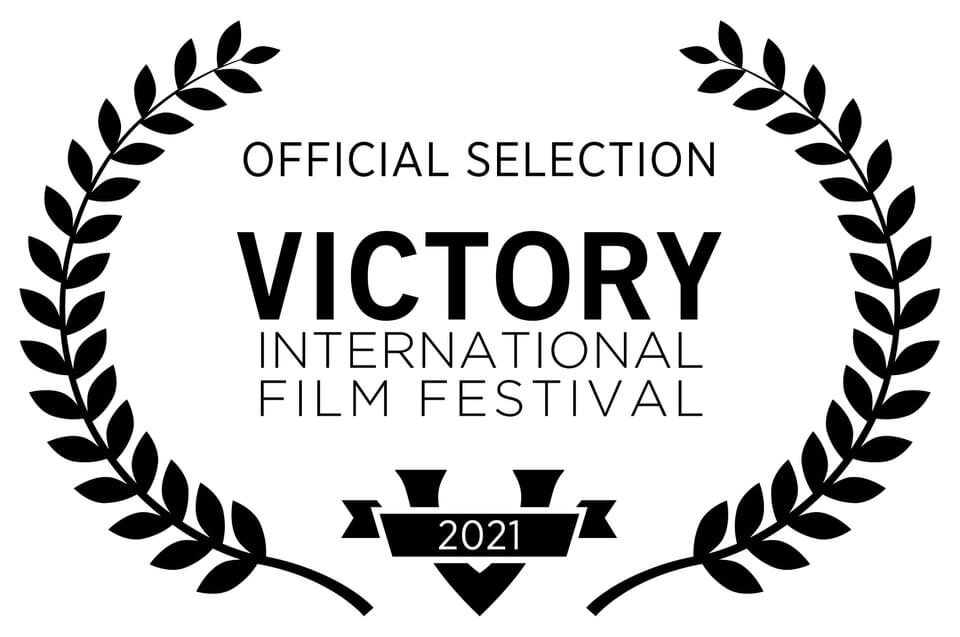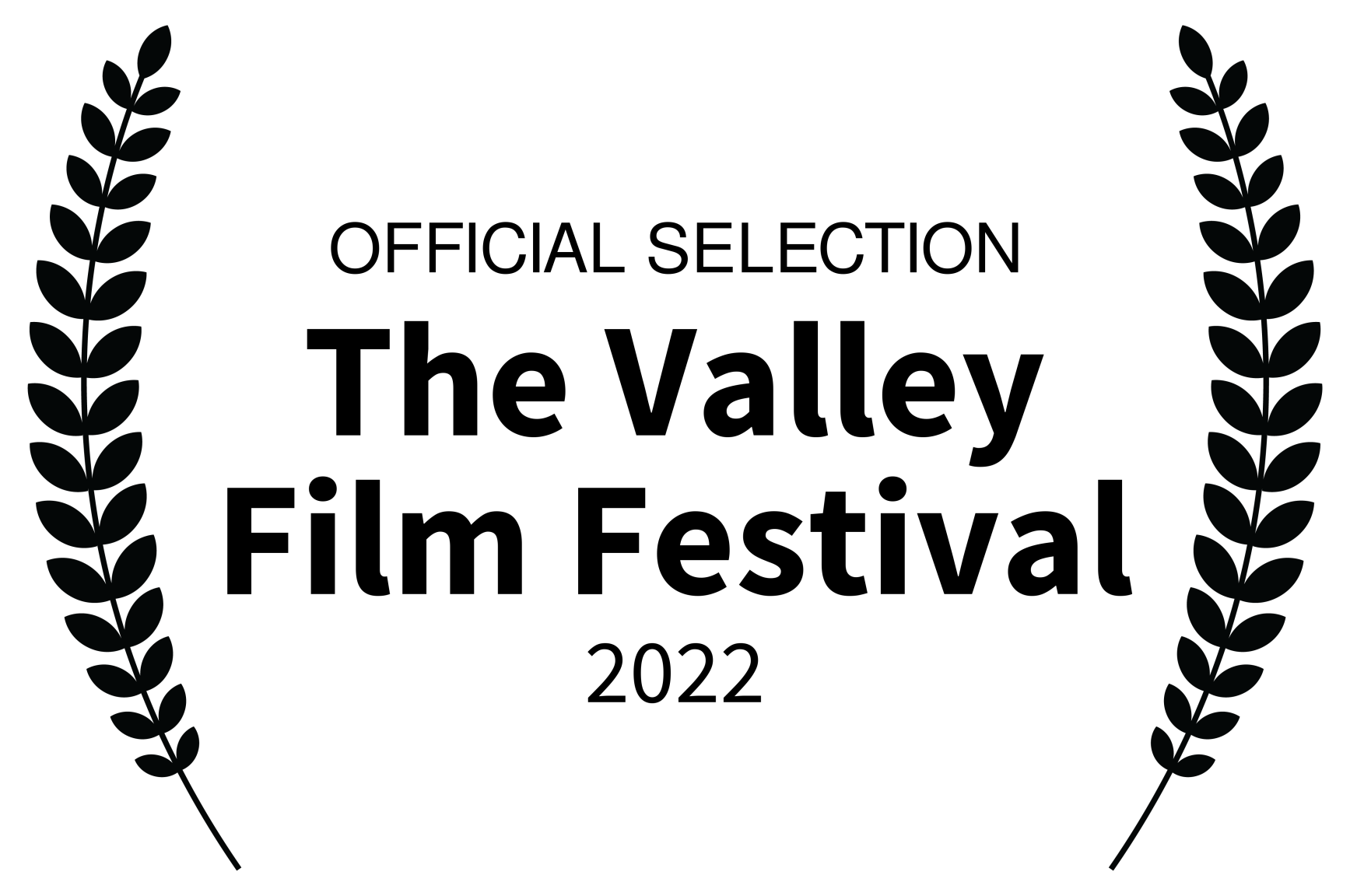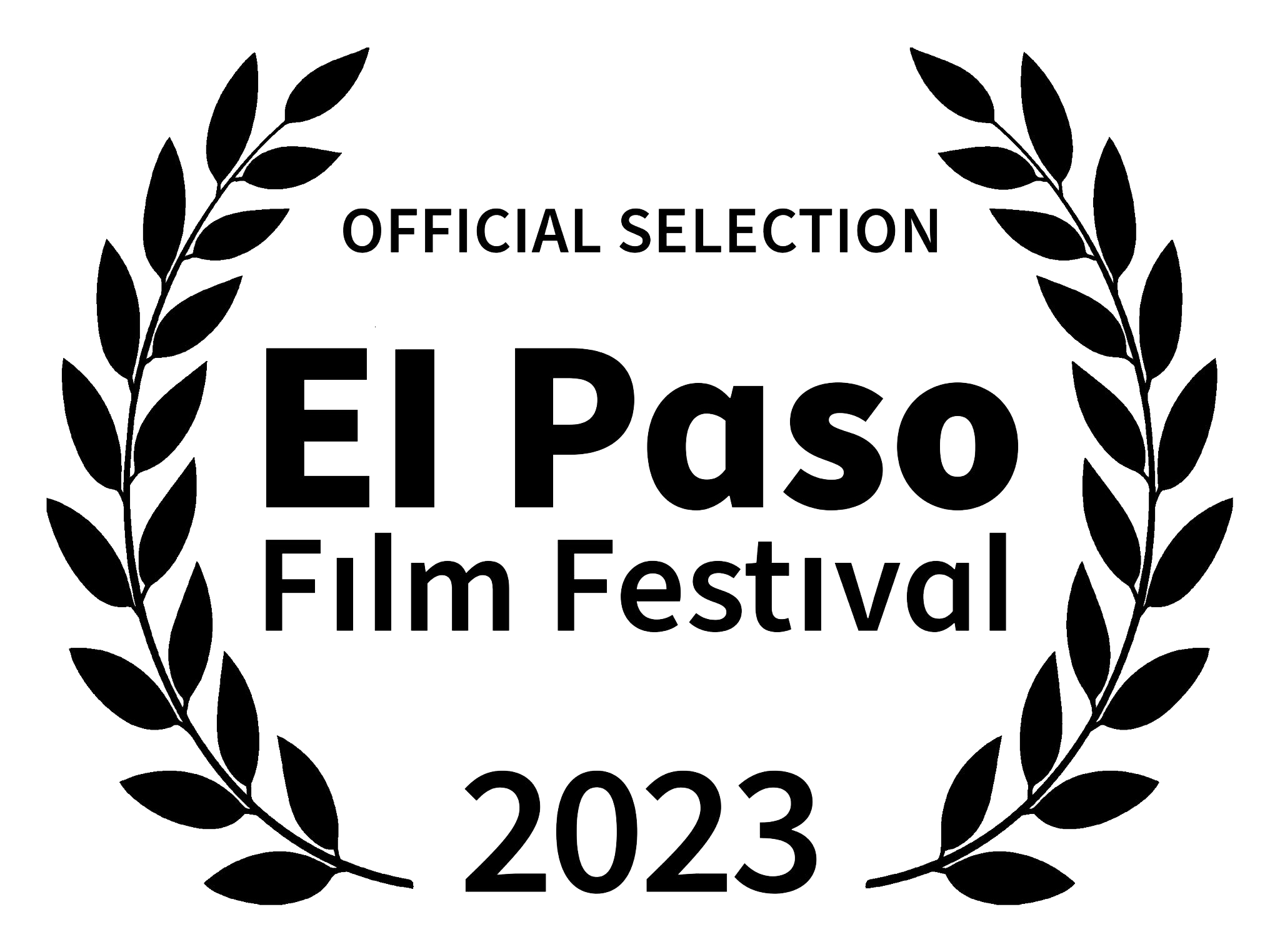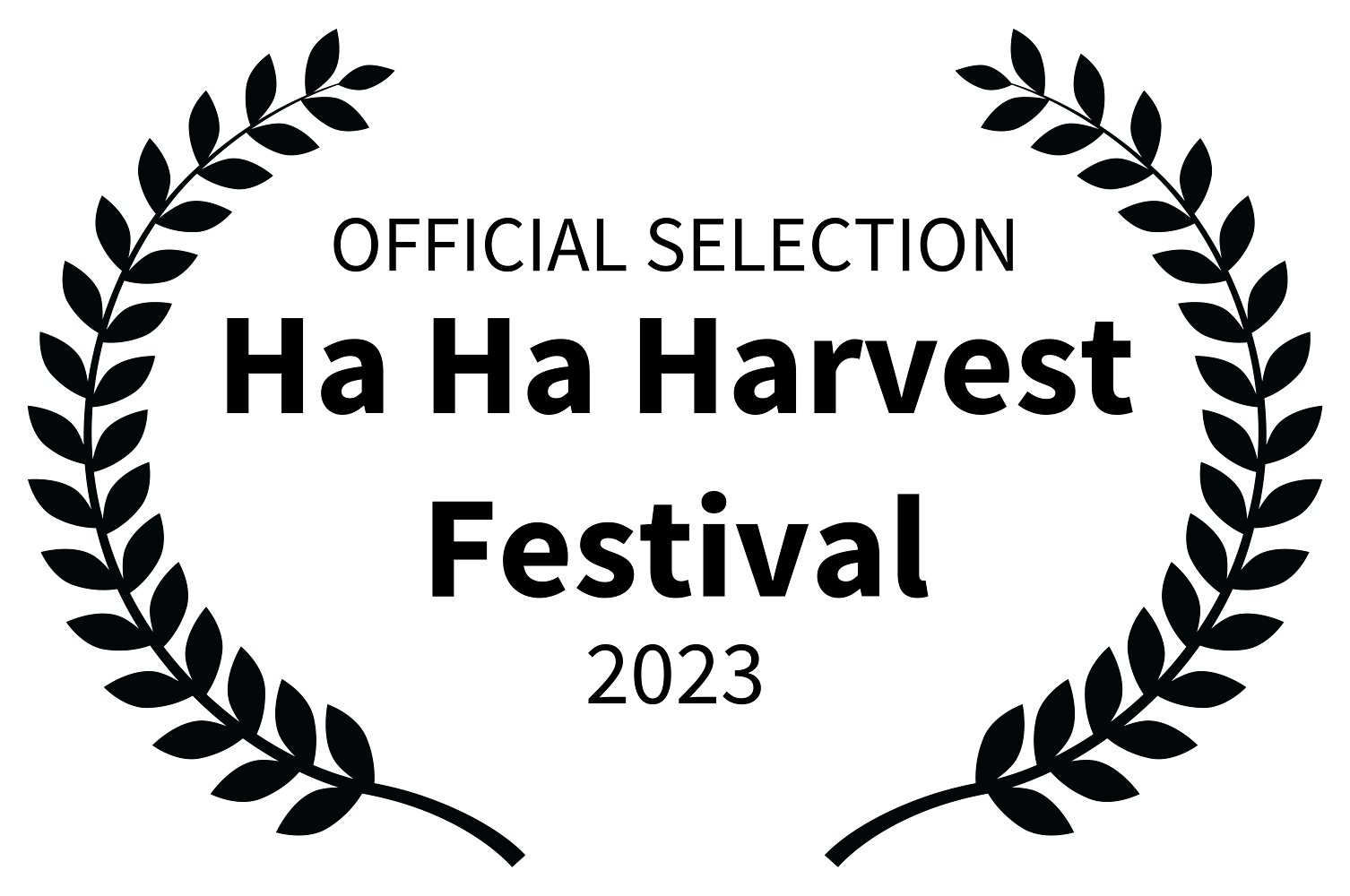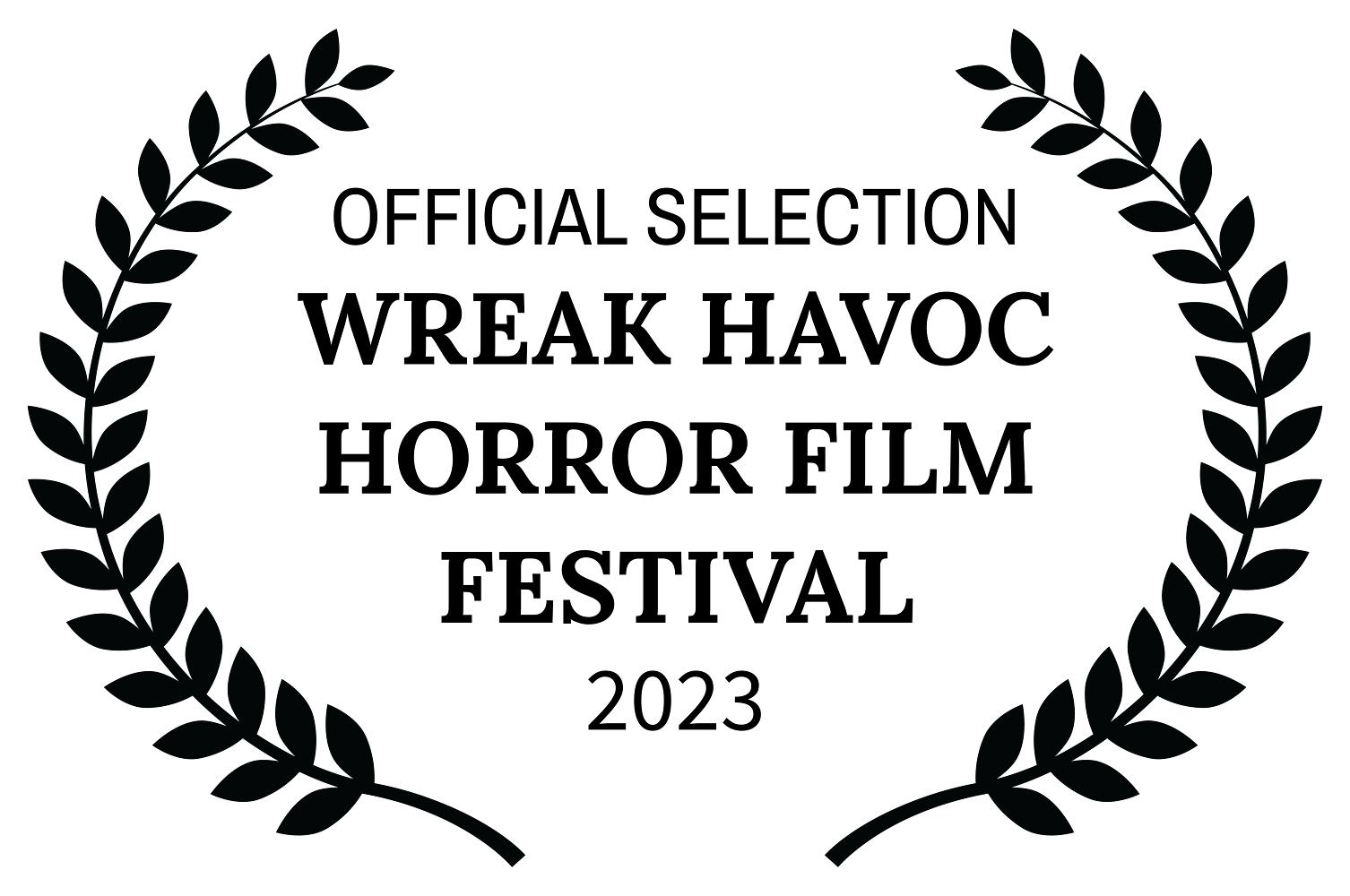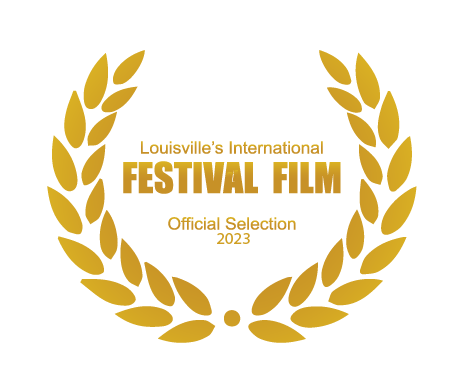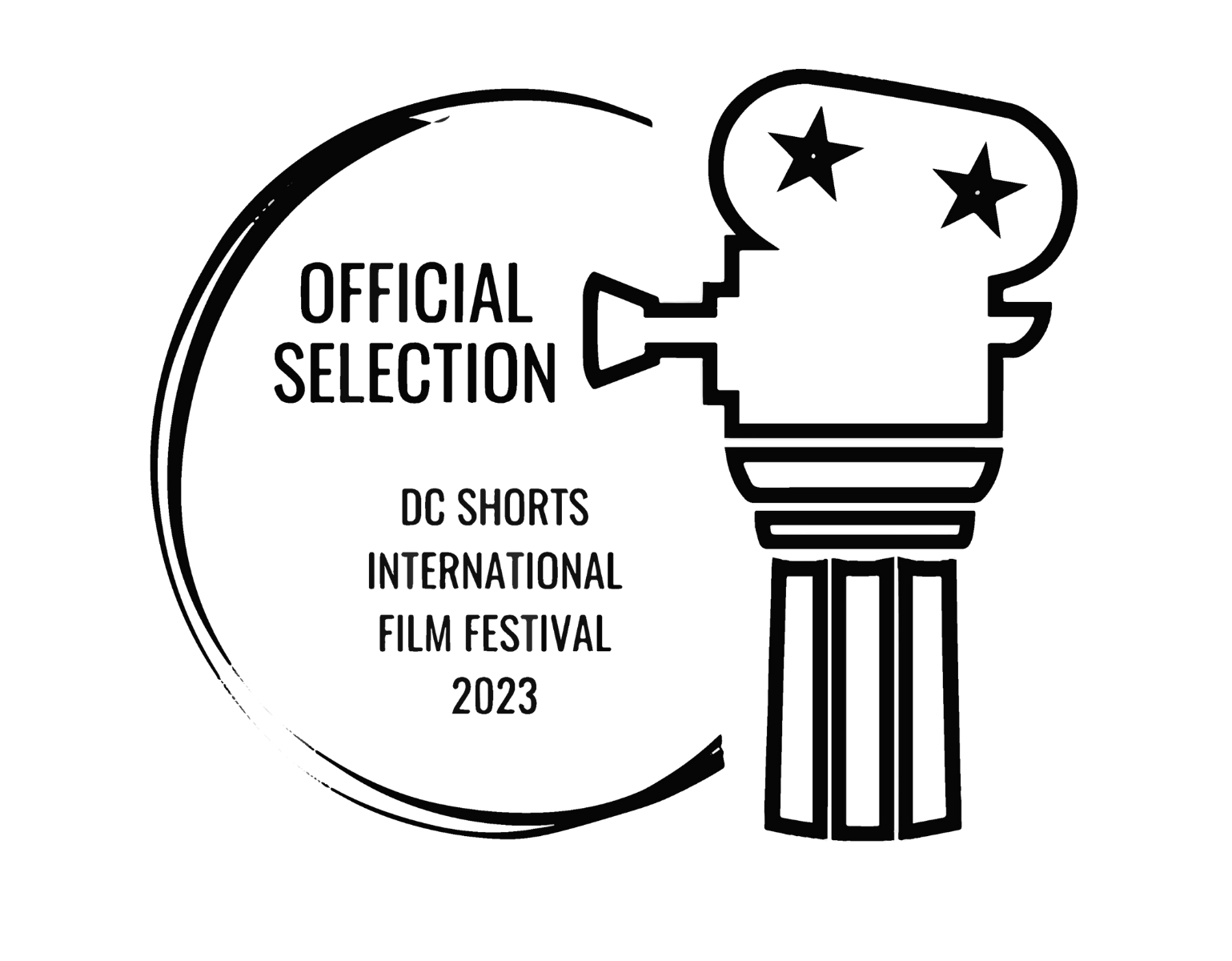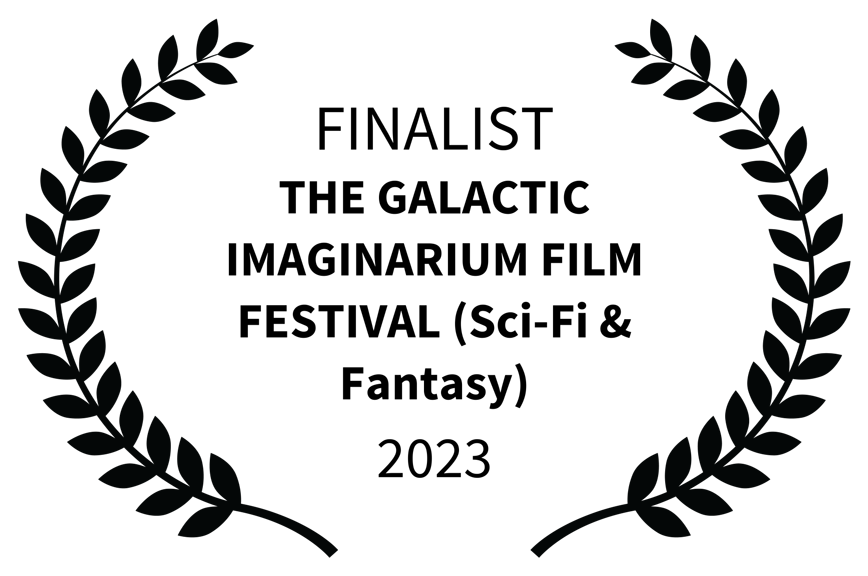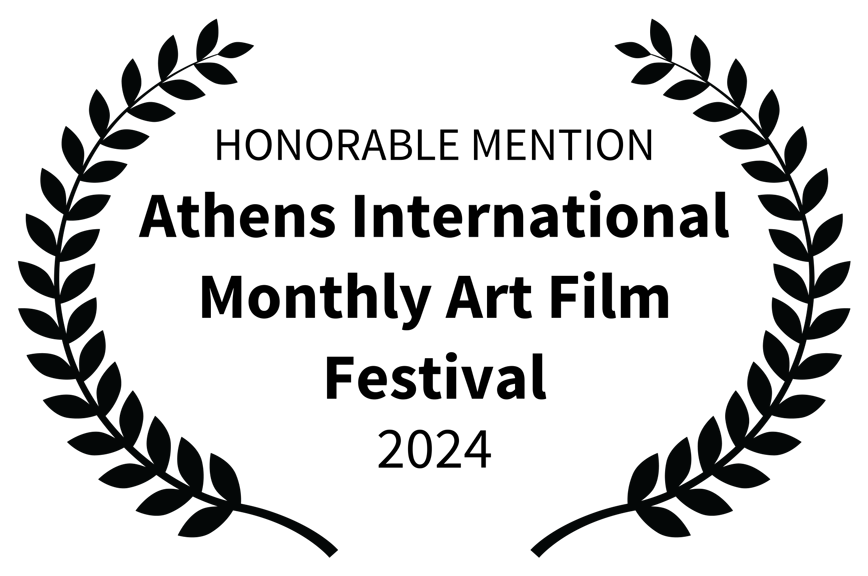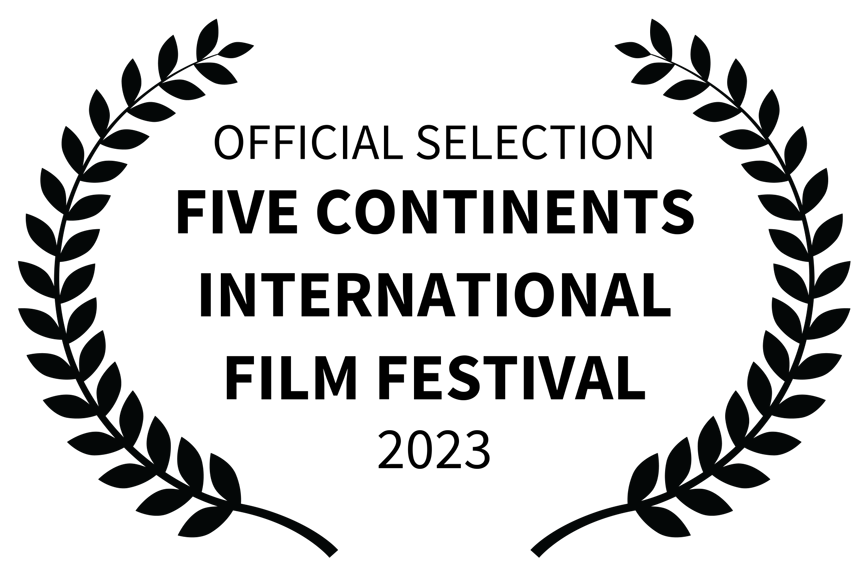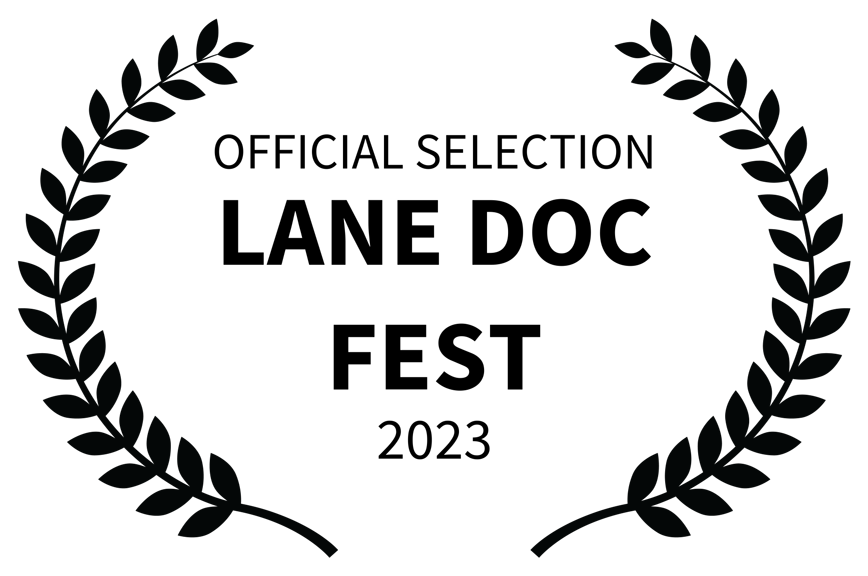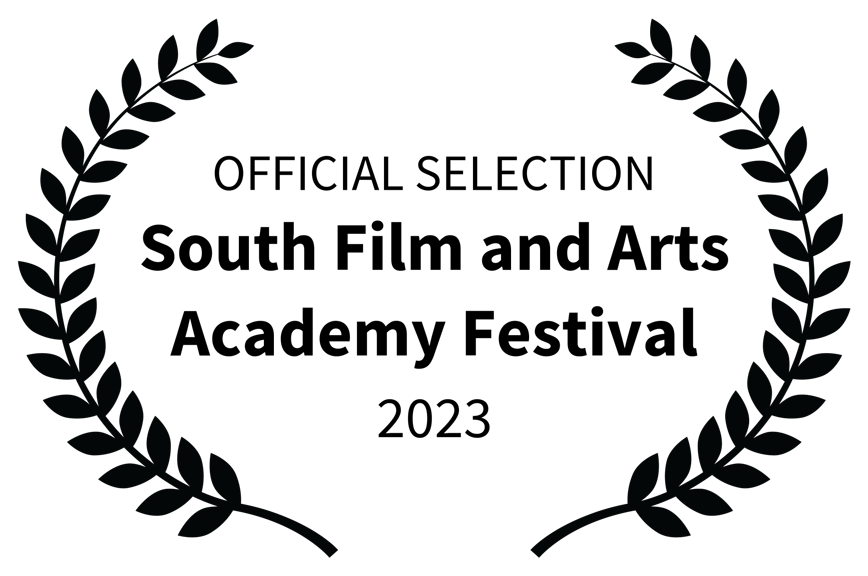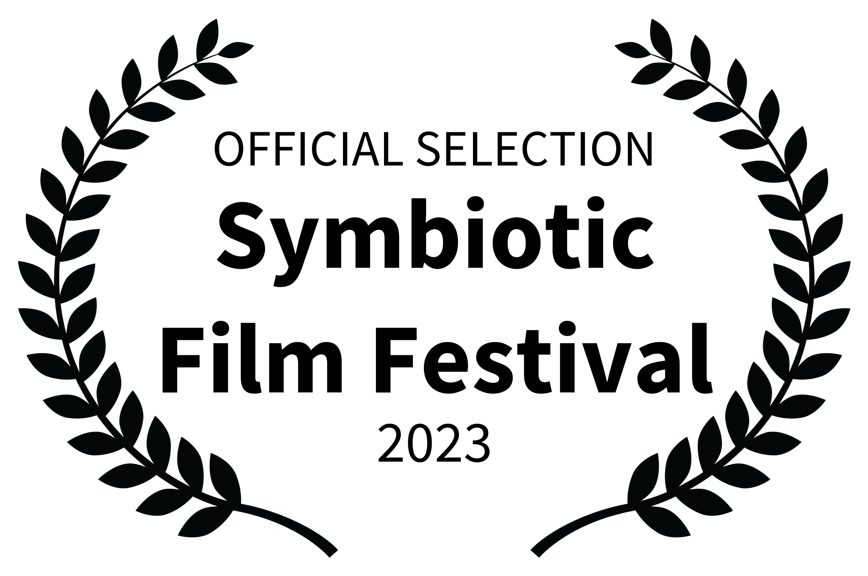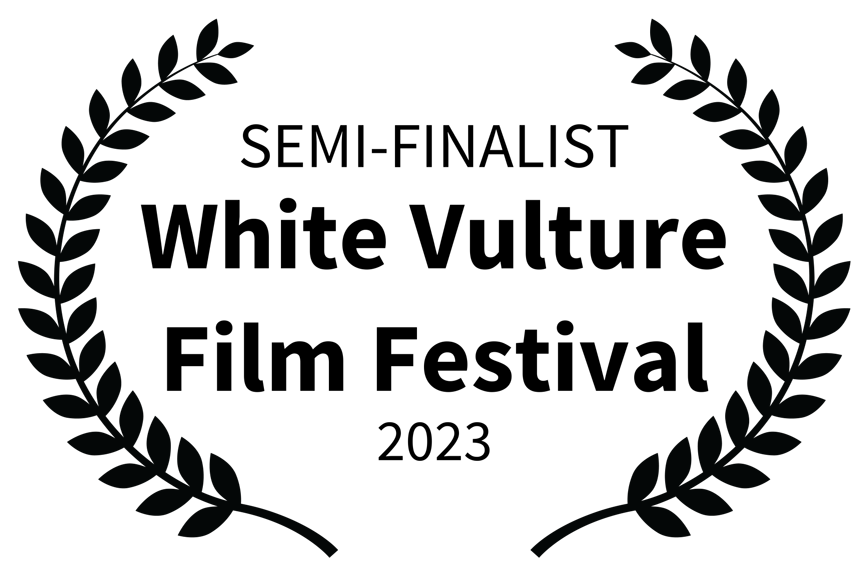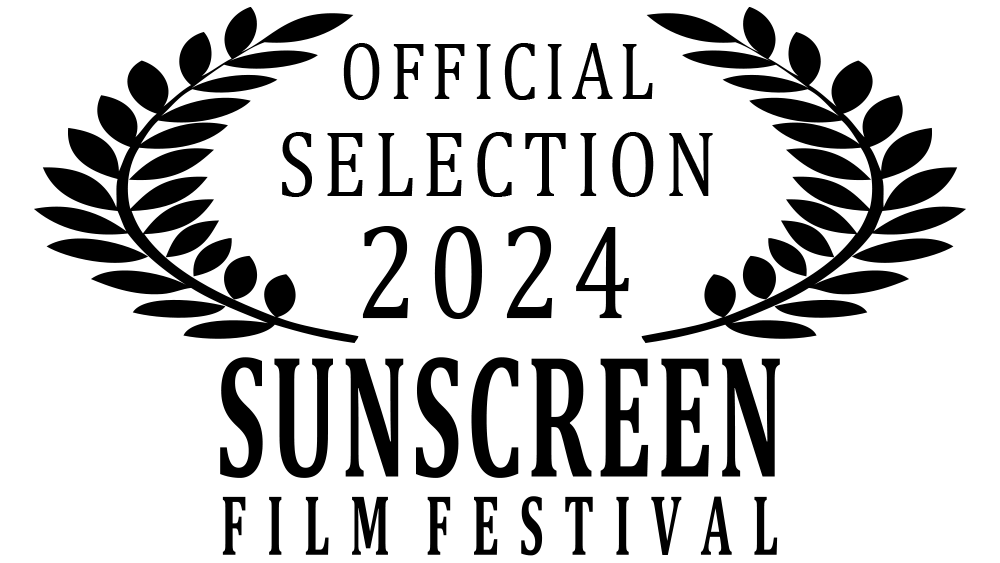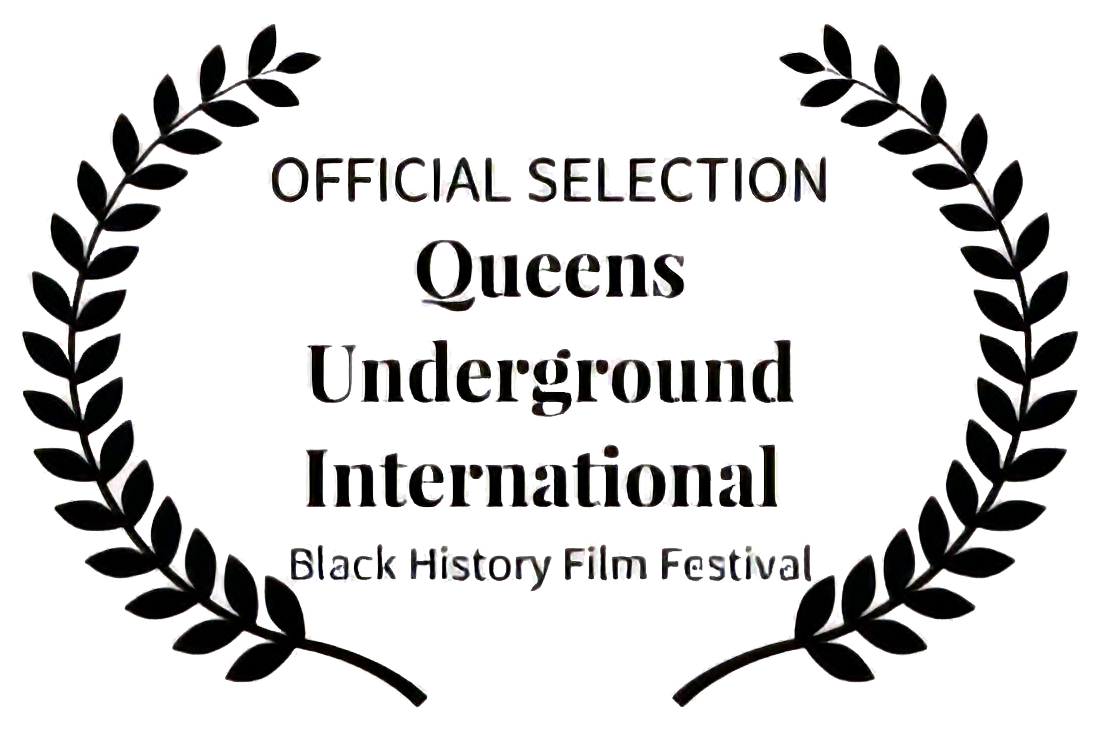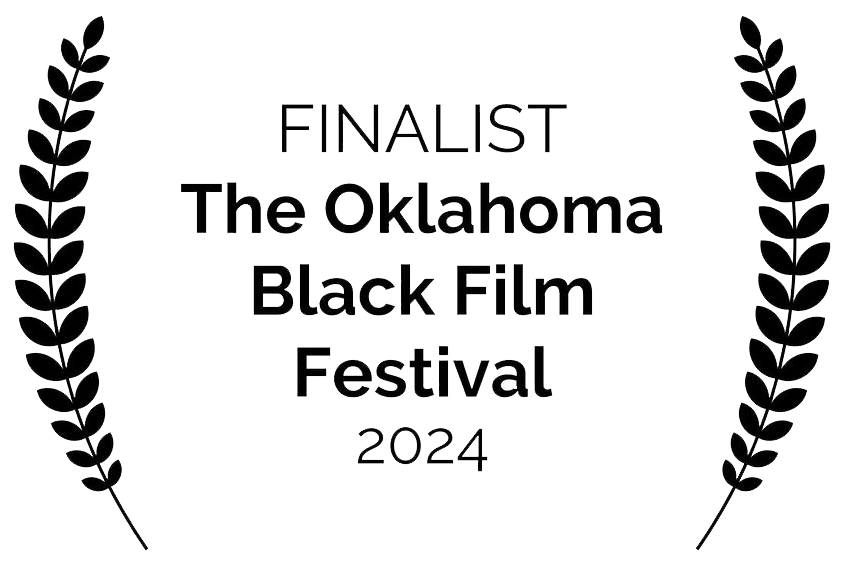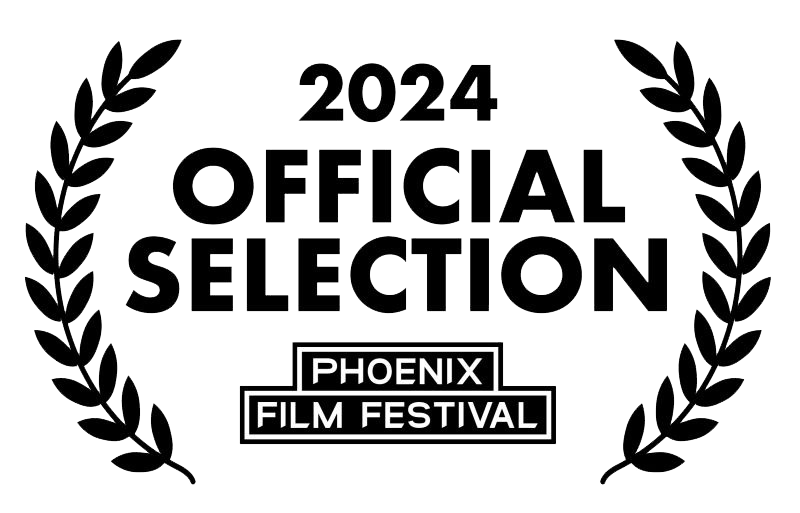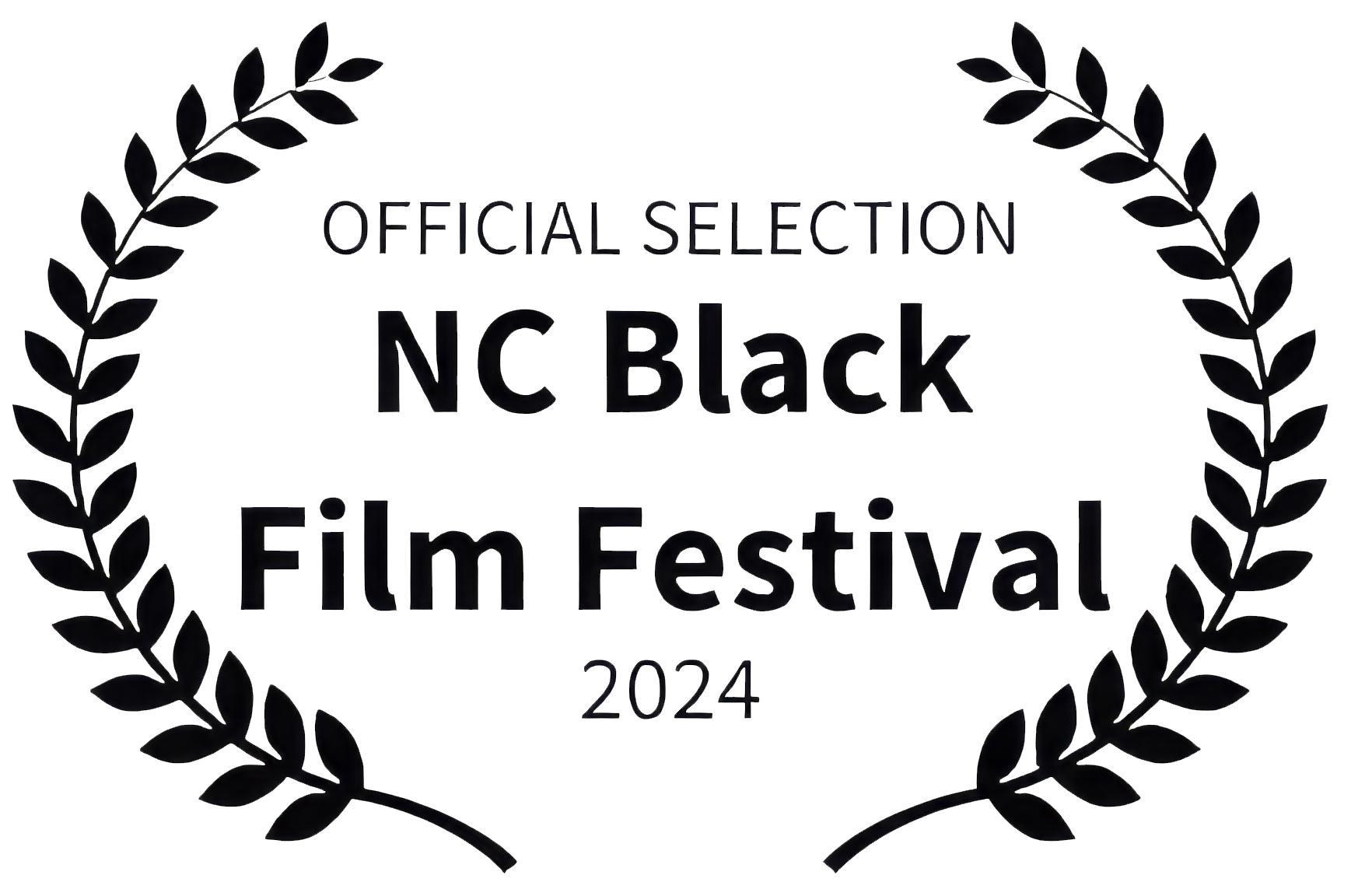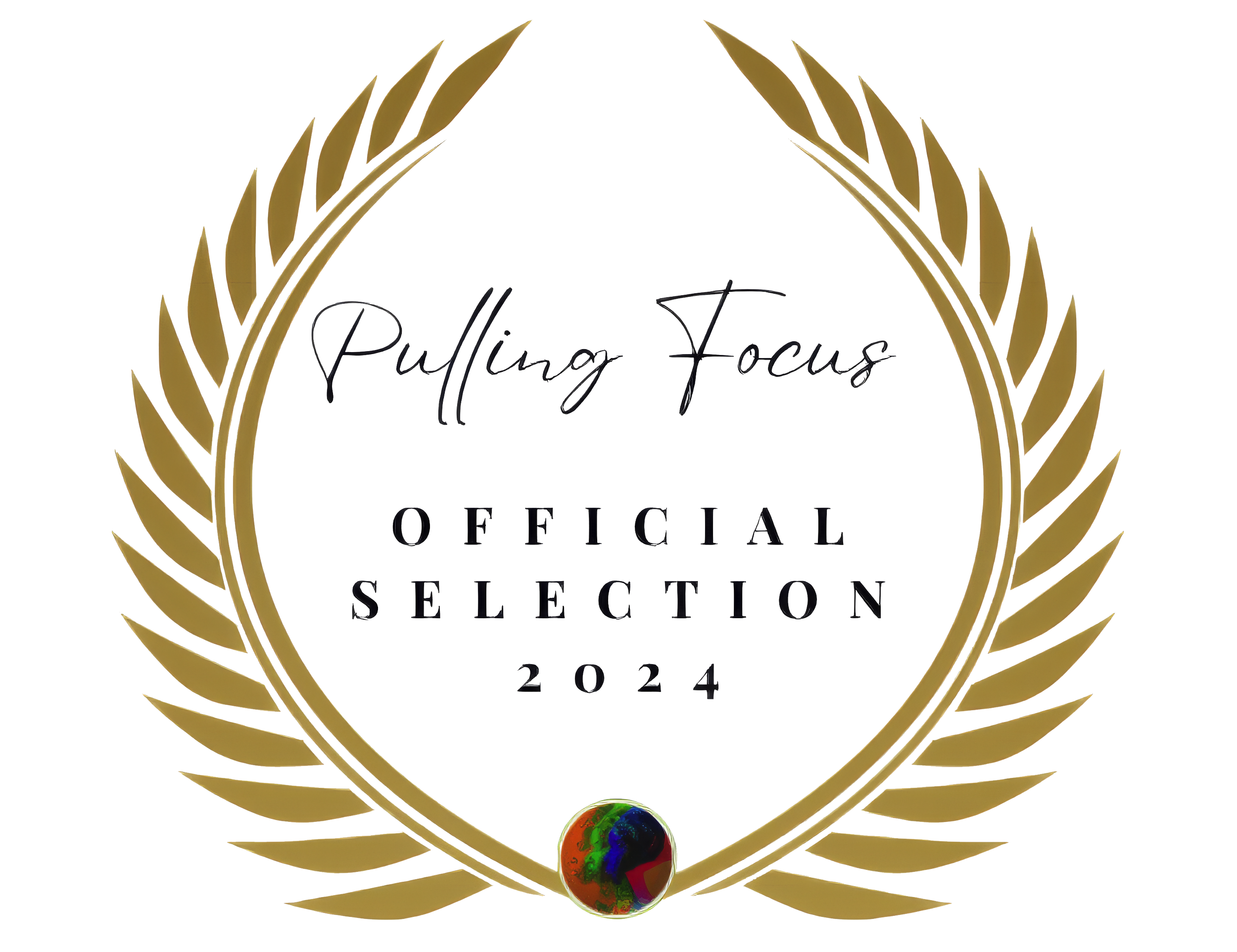Paradoxes of Collaboration
/Here are a few collaboration-related paradoxes I guarantee you’ll encounter in this business. As your film composing career progresses, you’ll have to wrap your brain around these sooner or later.
I don’t claim to have answers. We’re in a subjective realm here. But I do think it’s important for us all to be aware of these paradoxes, and to give some head space to how we plan to answer the challenges they present. It feels better knowing we’re all running into these same strange and inscrutable aspects of the biz, right?
Paradox #1: Filmmakers hire you for your uniqueness, but they’re often terrified of anything new.
As much as you may think you’re coming on board as a collaborator, one of your first jobs is finding out exactly what your job is. In some cases your title might well be “Re-inventor of the Wheel.”
I have some experience on this one. I signed up for one particular independent feature thinking the filmmakers wanted my musical opinion. I had strong ideas on the material, and I was so excited to share them. It was a rude awakening when I realized (after a few extremely tense playback sessions) they simply wanted a score that sounded like every other score in the genre.
It wasn’t a case of “temp love.” I’ll give ’em that. They were happy to let go of their temp track. What they wanted in its place, though, was straight down the middle of the road. Any time I tried an unusual instrumental combination, or a more oblique approach to the material, I was smacked down. Needless to say, you won’t be hearing the finished product on any of my demos.
My advice here, as I stated above, is find out as soon as possible what role you’re going to be allowed to play. If you have latitude, great. Use it. Stretch yourself; take chances. You won’t always have the opportunity on future gigs. On the other hand, if the filmmakers want you simply because you’re the guy with those sample libraries, it’s up to you to decide how to proceed.
Richard Bellis puts it this way: “Always know what you’re getting out of the gig.” If it’s not creatively stimulating, there needs to be something—a connection, a paycheck, something—you can take away from the experience.
Paradox #2: To succeed at the highest level, you must have a unique “voice.” But the more well-known you are, the easier it is to become pigeonholed.
We can sit around and name a long list of composers (often big-name people) whose output sounds practically identical from picture to picture. Part of that is due to external pressure: a composer is hired because a filmmaker loves her previous work, and wants that sound for this new picture. In time it becomes dangerous ground for self-cannibalization. At least one late A-lister was known, on his sketches, simply to list a cue from one of his previous films, then mark different chord changes over the bar lines to vary it up. Fail.
Elmer Bernstein, on the other hand, used to refer to his career as progressing in stages: he’d score a big successful Bible Epic/Western/Hip Comedy, then he’d inevitably be pigeonholed for a while as Bible Epic/Western/Hip Comedy Guy. When that genre fell out of fashion, or when he felt he was stagnating, he went through a period of time when he just didn’t work. Rather than get stuck, he’d simply detach, re-invent, and break out somewhere new in a couple of years.
Look up a few prolific composers on IMDb and you’ll see the same thing: most of them periodically and deliberately step outside the realm in which they’re best known, to tackle material that might be smaller-budget but which allows them to broaden their potential appeal.
It’s creatively fulfilling, and in the long run it’s smart business.
Paradox #3: The bigger the project, the more pressure you’ll be under to deliver something amazing, on time, and on budget. But you’ll probably also face greater pressure, from more stakeholders, on a tighter time schedule, managing a larger team.
There’s no way around this one these days. Big projects represent a significant gamble on the part of the funders. They will want to have some input on your contributions, and managing multiple inputs from a long line of bosses (expect them to be contradictory!) is yet another aspect of the career in which you must become an expert. Don’t think that if you’re sufficiently brilliant, your music will silence all objections. It won’t.
Paradox #4: The sound tools (synths, sample libraries, etc.) that allow you to get in the door and play with the big boys are the same ones that will ultimately limit your artistic growth and relevance.
The stuff, in other words, that makes you sound like everyone else (and thus, able to compete for gigs)… makes you sound like everyone else (preventing you from distinguishing yourself as a uniquely desirable collaborator). Short-term boost; long-term anchor. This one seems to work itself out a little more readily than some of the others—as you grow and progress, you’ll naturally want to step away from the same tired old stock samples that everyone uses. It’s the very definition of refining your voice. But starting out, it’s a tough thing to do… especially when you’ve just spent money you didn’t have for that copy of (insert flavor-of-the-month sound library here). Hans Zimmer tackles this one eloquently:
I don't understand why people don't sample their own stuff. I've been (more then once) asked to judge "young composer" competitions. After a while you can't hear the music for the sameness of the sample libraries. I wonder how directors or producers can tell the difference. And no, you can't sound like me. You are not me, you are you. Just like I can't sound like any other composer. Not with any degree of authenticity.
Paradox #5: The more deeply you become involved in the business of collaboration, the harder it is to maintain a love of film music.
This one may be controversial, but it’s something I’ve heard from enough people that I want to include it here. It happens, I think, because you’re now personally invested in the process. Your pig’s-eye view of how the sausage is made inhibits your ability to lose yourself in a story.
My advice here is simple: struggle against this. Discipline your mind to operate in two modes: consumer and professional. You won’t always succeed, but you will stay more closely in touch with that highly-motivated, wide-eyed kid you used to be. That, to me, is a good thing. It can give you the motivation you need to get through the all-nighters.
Paradox #6: Some of the most important collaborative work you will ever do in your career will have nothing to do with music.
It’s as simple as that. Your connections with people (and I mean that word “connections” in its non-schmoozy sense) will keep you going in all the other aspects of your life that allow your career to continue, and grow, and flourish. We spend so much time nurturing our connections within the music world; it’s crucially important to give equal care to nurturing your relationship with your attorney, your primary care physician, your agent, your handyman, your publicist… the more successful you become, the larger and more elaborate the ecosystem around you grows. Entire teams of people, dedicated to keeping you focused on composing, even though they may not know the first thing about music themselves. My advice? Treat them like gold. Like you do everyone in your world who makes it possible for you to pay your bills with the noises in your head.



